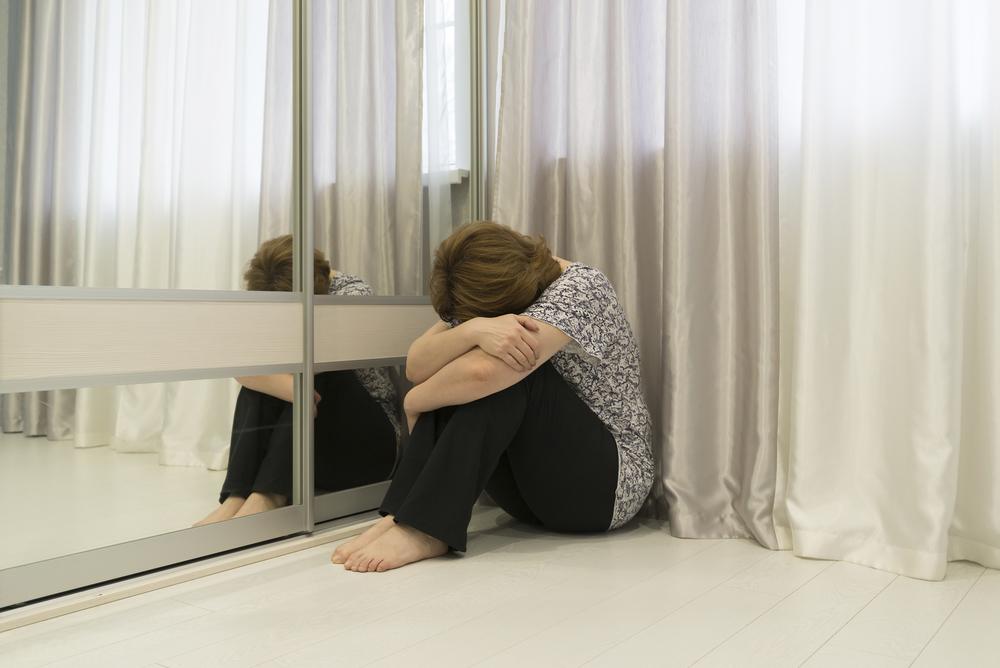Understanding Depression: Key Insights into this Mood Disorder
Depression is a widespread mental health disorder causing persistent sadness, loss of interest, and various physical and emotional symptoms. Recognizing its signs early and understanding its causes can lead to effective treatment. This article covers symptoms, risk factors, and the importance of seeking professional help for depression management.

Understanding Depression: Key Insights into this Mood Disorder
Depression is a mental health condition characterized by persistent sadness, loneliness, and a loss of interest in daily activities and hobbies. It can cause individuals to feel disconnected from people and things they once enjoyed. If depression begins to interfere with daily routines or relationships, seeking professional medical help is essential.
According to the World Health Organization, depression is the leading cause of disability globally. Though its causes vary, the impacts are consistently severe, often lasting weeks, months, or even years.
Here are some fundamental aspects of depression to be aware of:
Symptoms to Watch For
Persistent sadness and mood swings
Lack of interest in previously enjoyed activities
Reduced sexual desire
Significant changes in appetite leading to weight fluctuations
Altered sleep patterns
Fidgetiness and agitation
Changes in movement and speech
Ongoing fatigue and low energy levels
Feelings of guilt or self-doubt
Difficulty making decisions and constant dilemmas
Thoughts of self-harm or suicidal ideation
Women often show symptoms such as anxiety, irritability, and rumination more frequently than men. Conversely, men may exhibit behaviors like social withdrawal, excessive work, relationship issues, and aggressive tendencies.
Depression affects twice as many women as men. Causes include abuse, medication side effects, conflicts, bereavement, genetic factors, major life events, and serious illnesses. Factors such as genetics, stress, substance abuse, medical conditions, brain chemistry, and nutrition influence its development. Postpartum hormonal changes can also trigger depression in women.
Note:
This article provides general information about depression, its symptoms, and causes. It is not a substitute for professional medical advice. For diagnosis and treatment, consult qualified healthcare providers.










